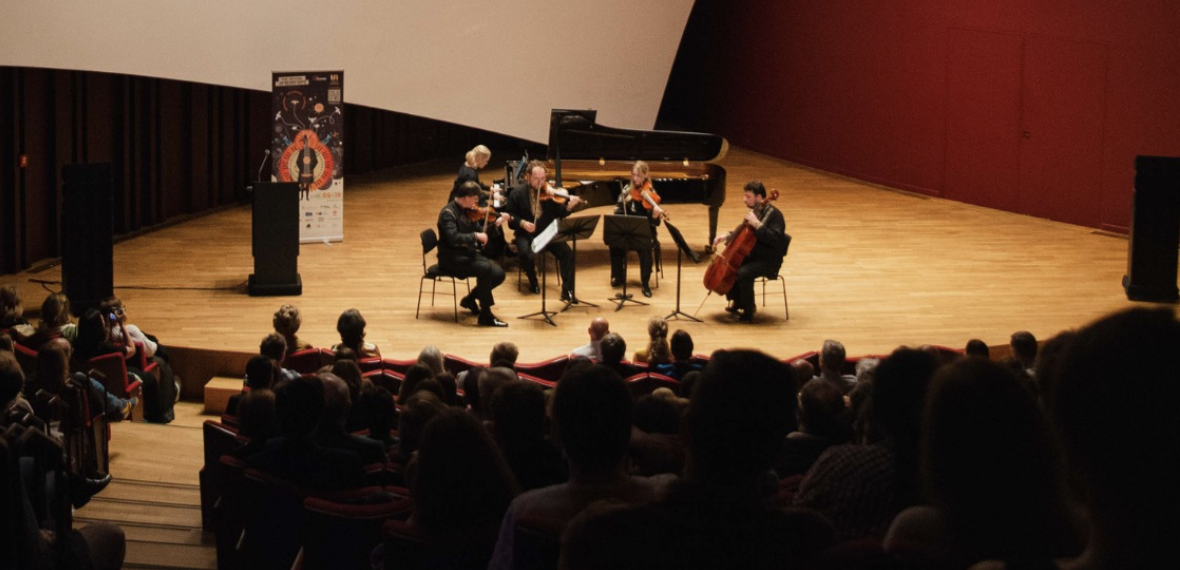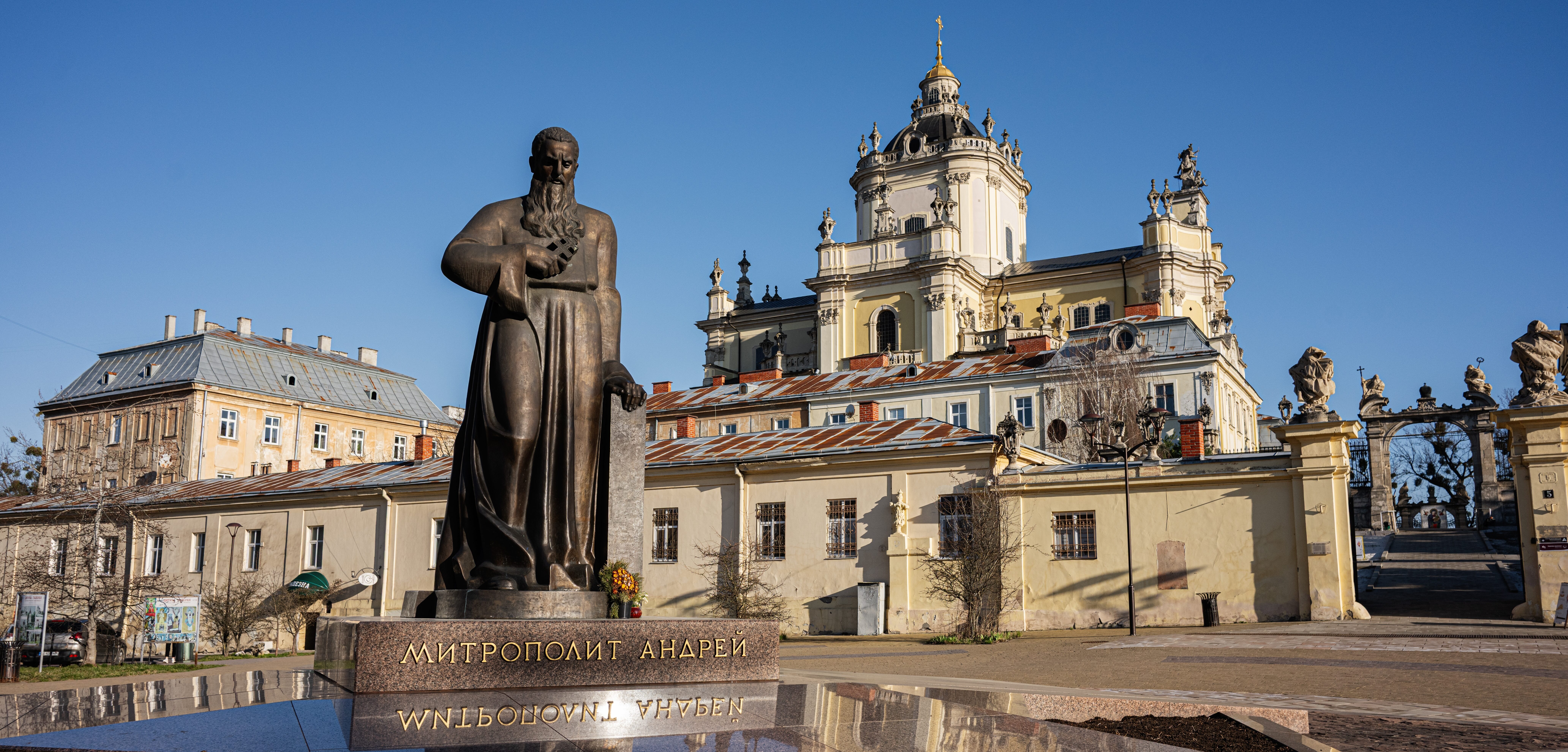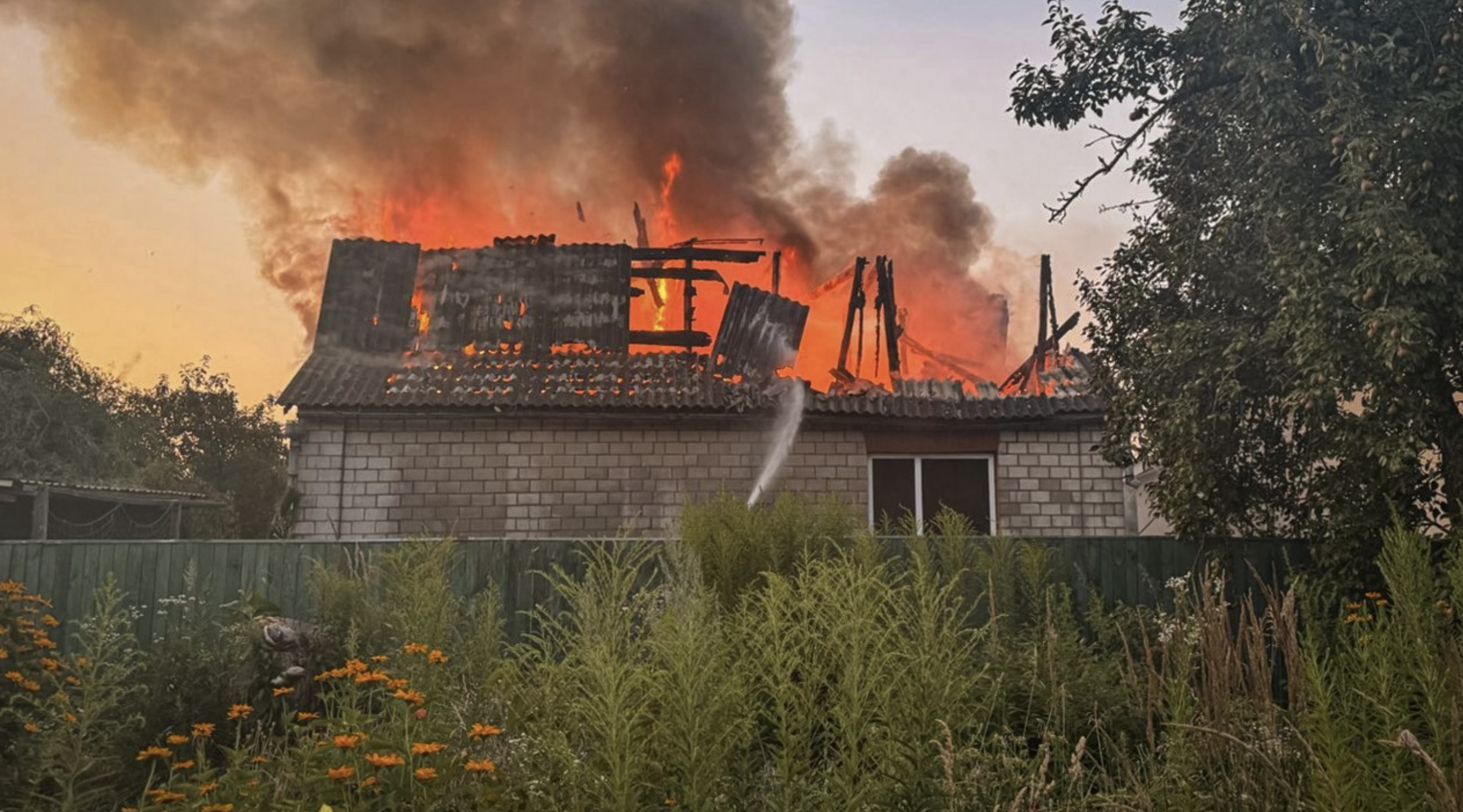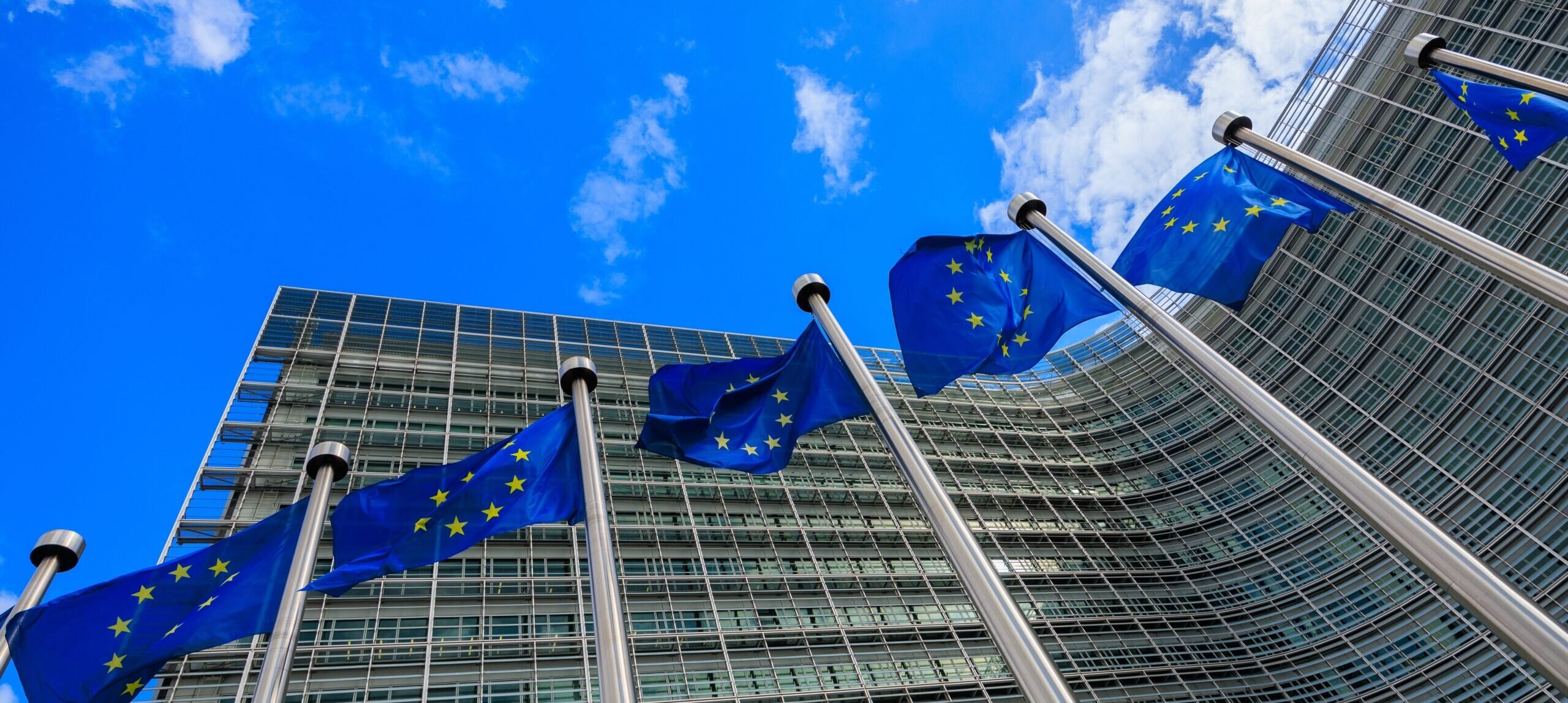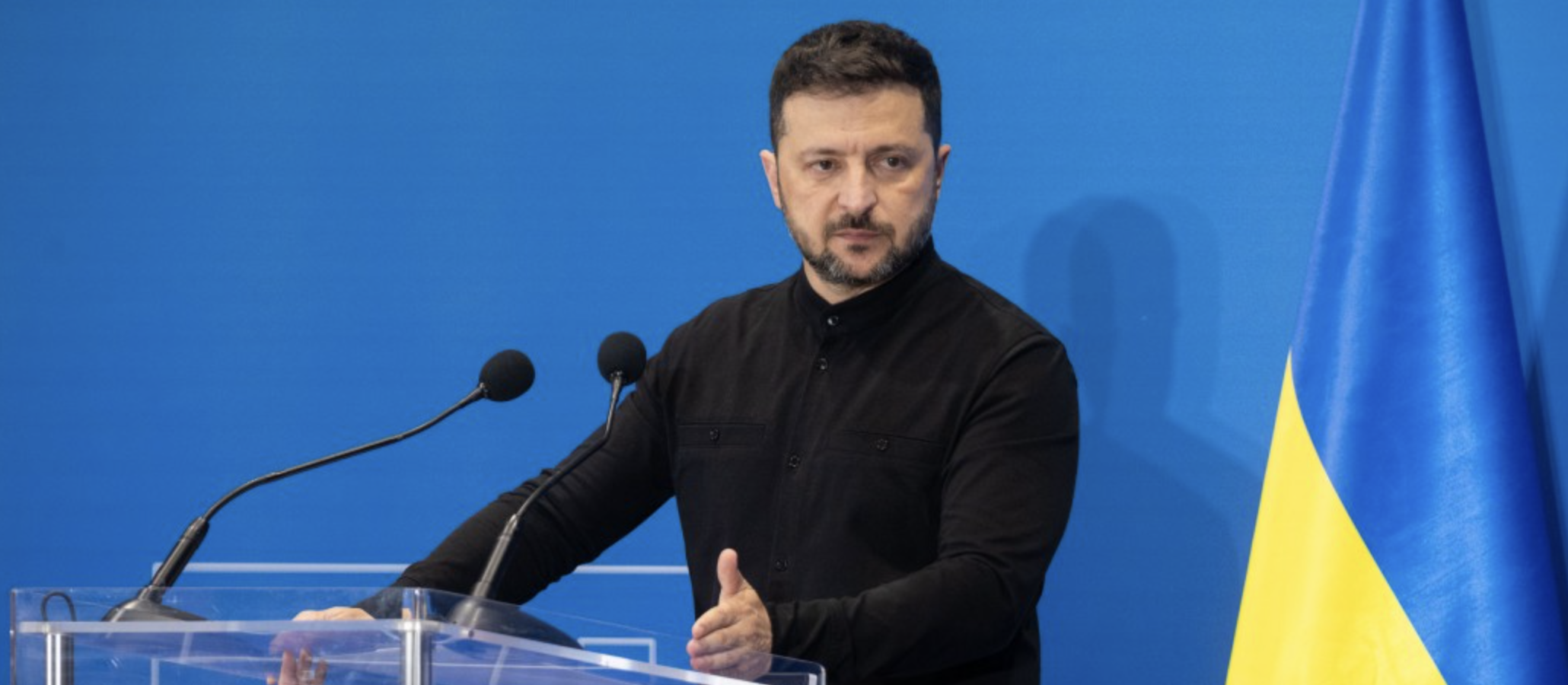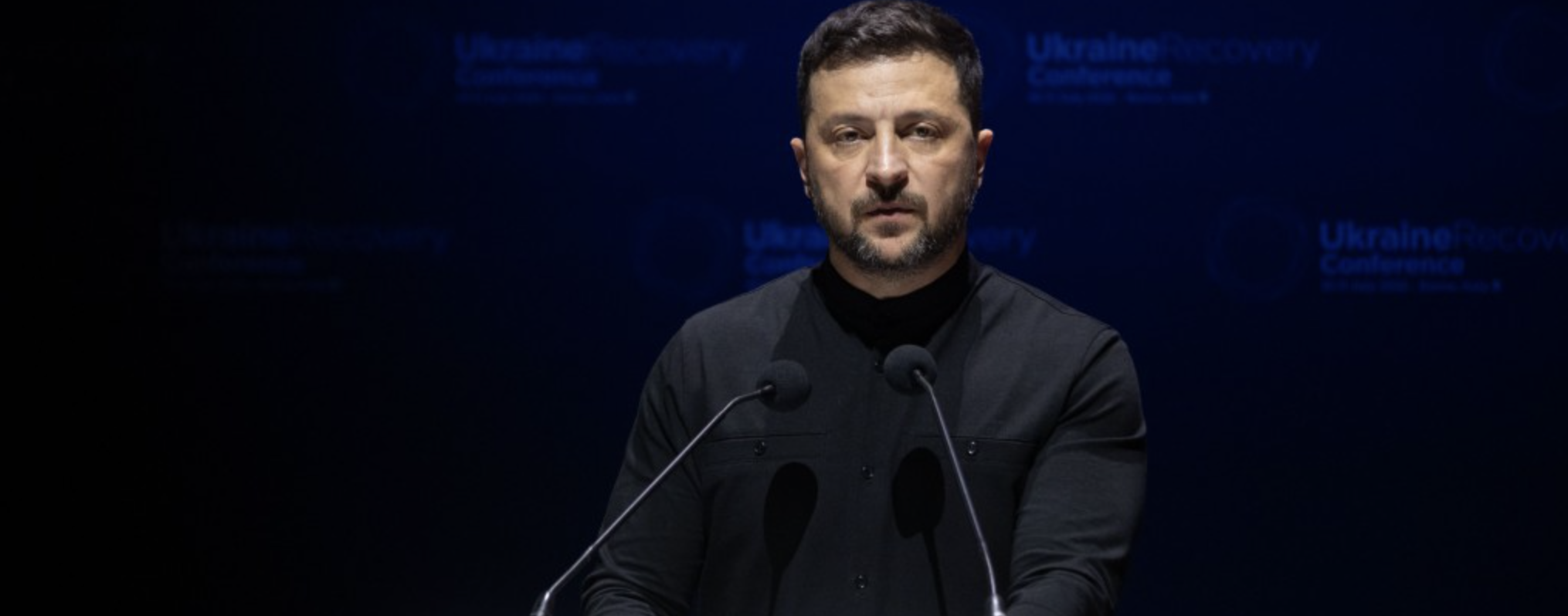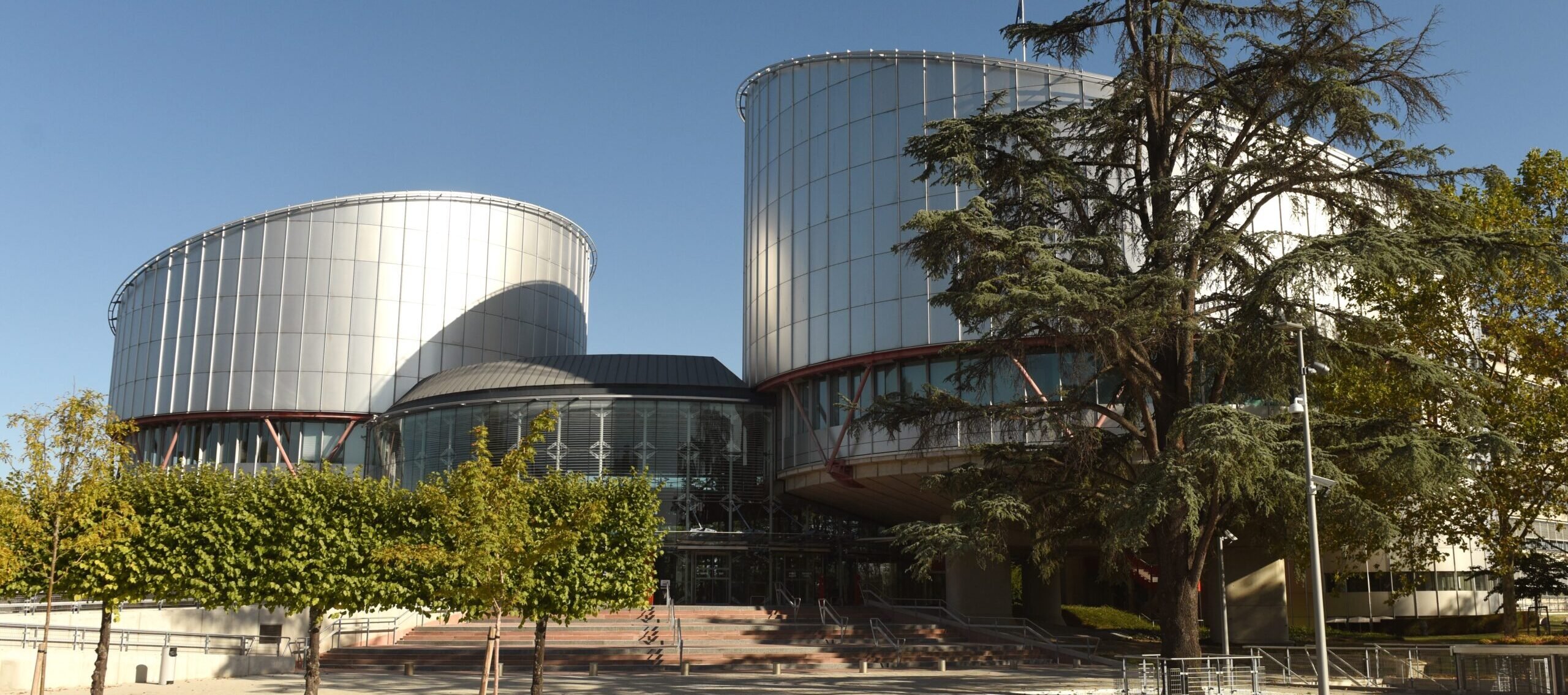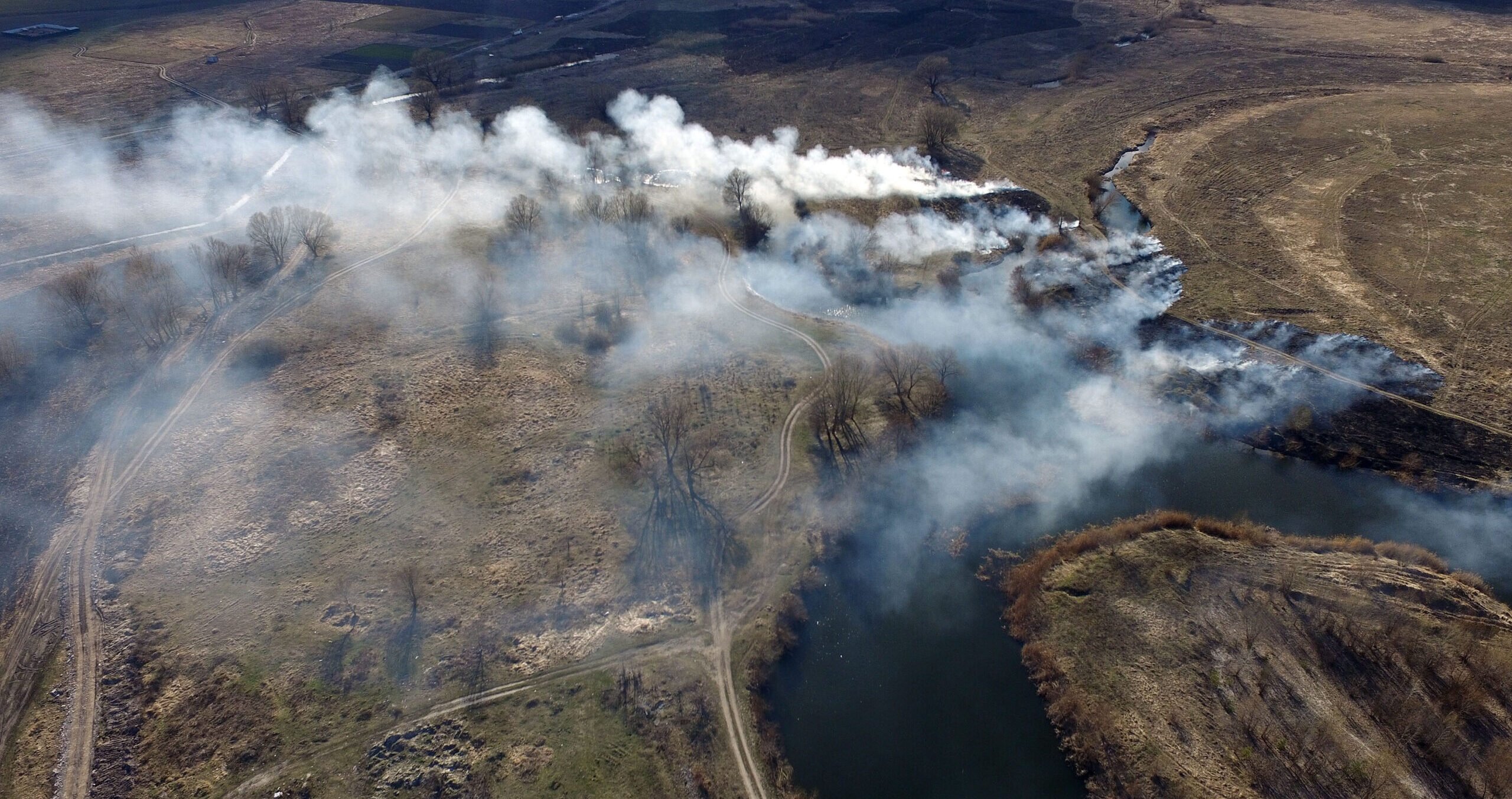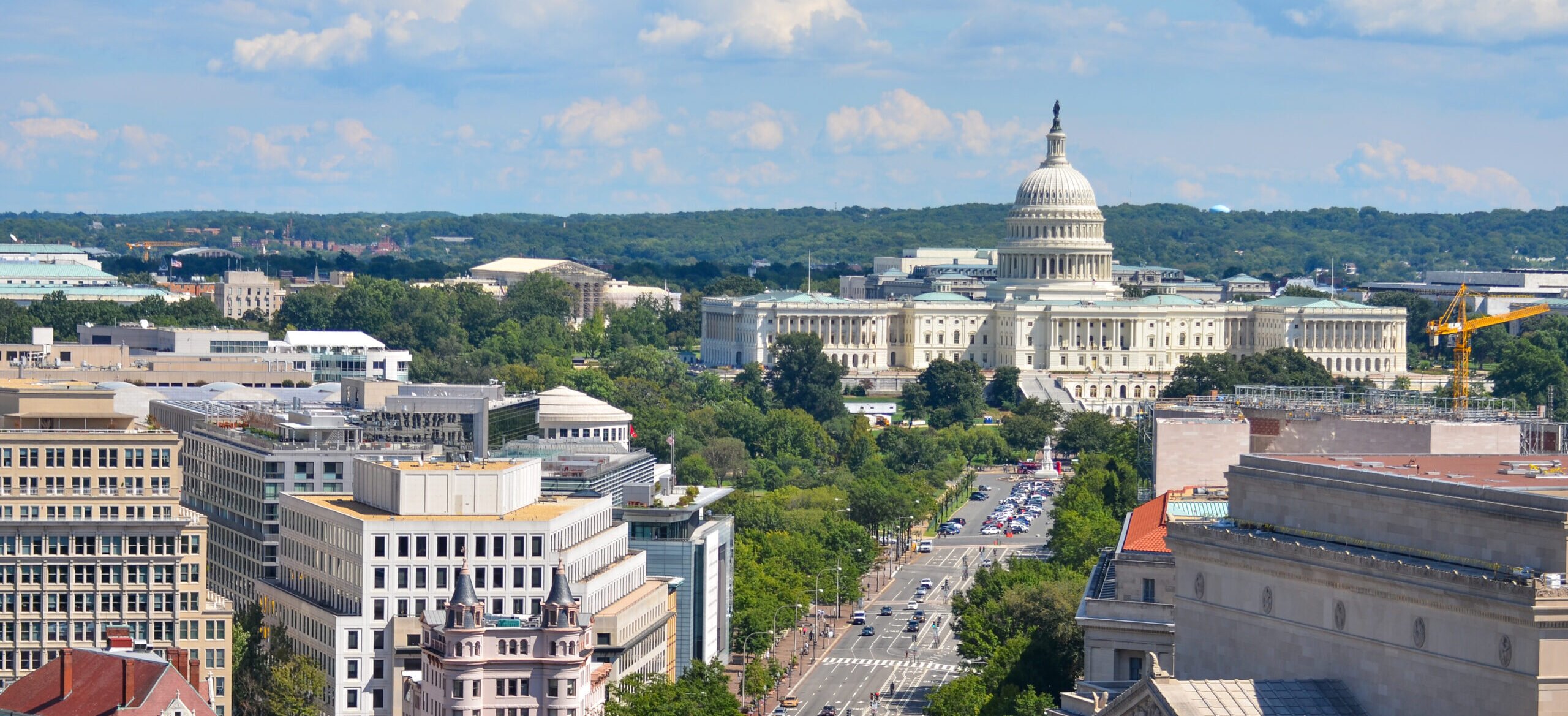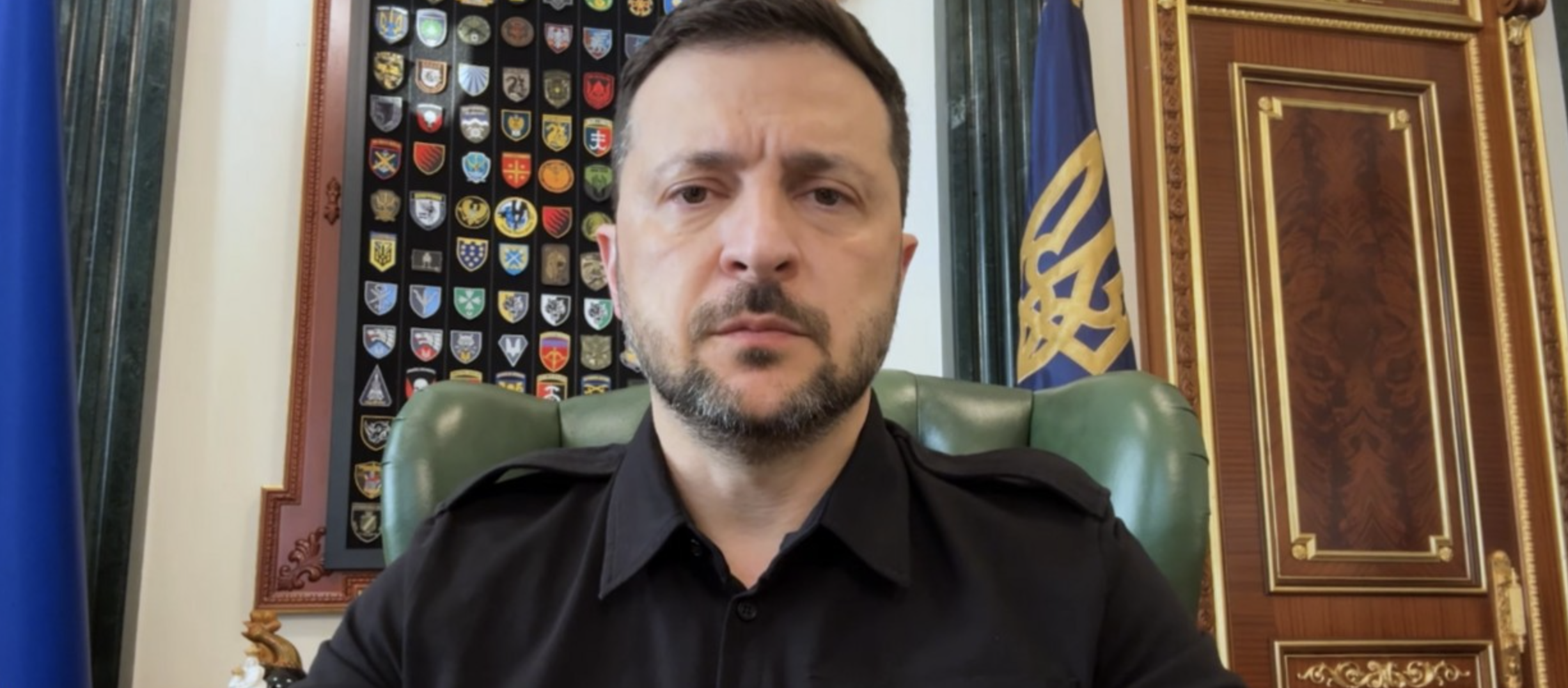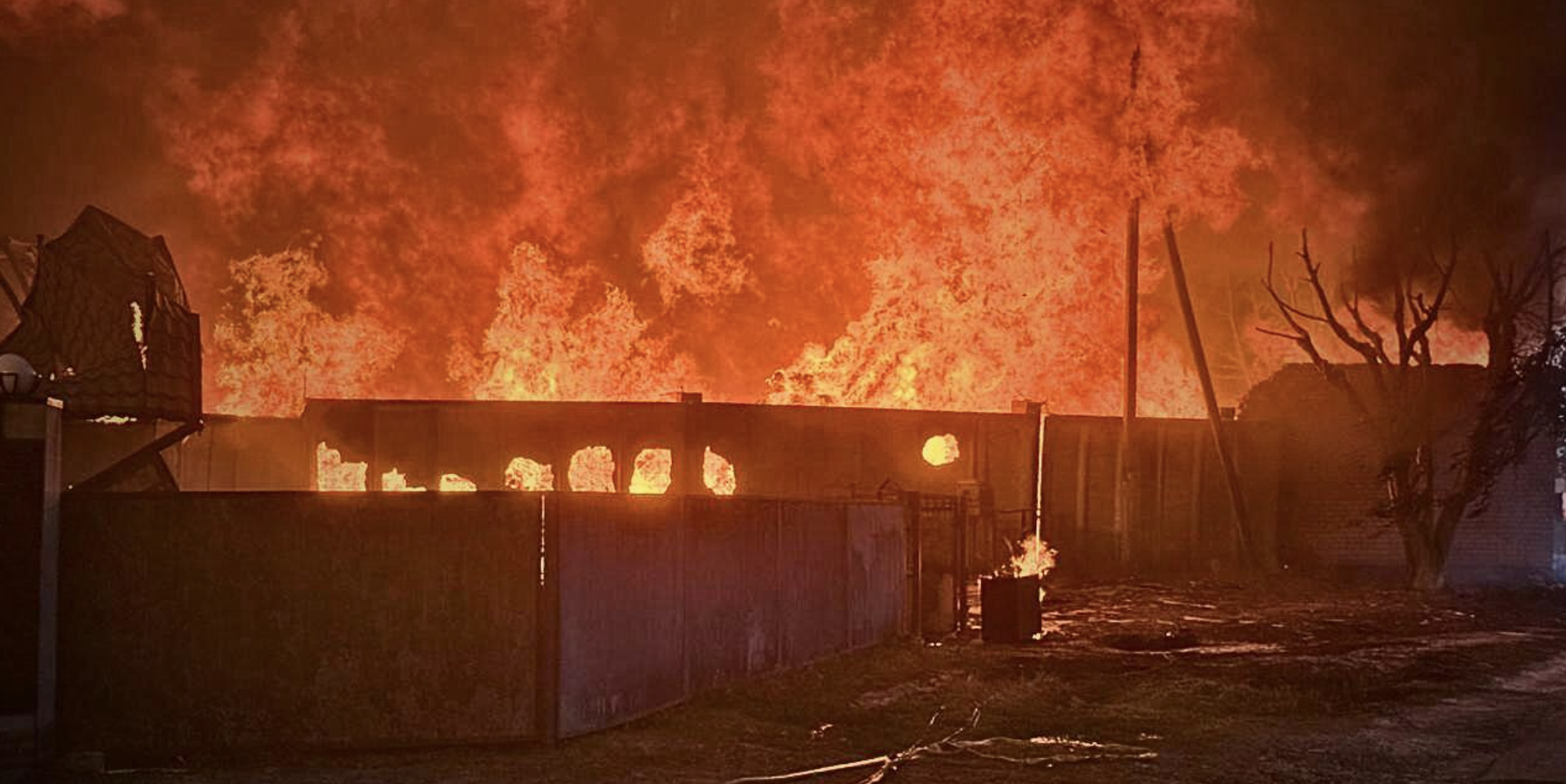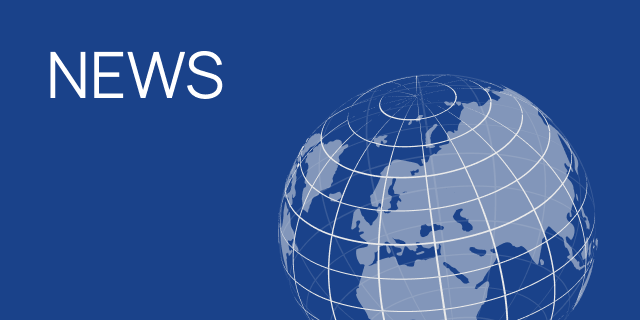

April 3, 2012
PRESS RELEASE
UWC PRESIDENT EUGENE CZOLIJ APPEALS TO THE EUROPEAN UNION FOR CONTINUED SUPPORT OF UKRAINE’S DEMOCRATIZATION AND EURO-INTEGRATION
Ukrainian World Congress (UWC) President Eugene Czolij met in Brussels, Belgium, on March 28-29, 2012, with high-ranking European Union (EU) officials of the European Parliament. He had the opportunity to discuss continued support for Ukraine’s democratization and Euro-integration, as well as to highlight the strategic significance of Ukraine for collective European interests, including regional peace, stability and prosperity.
Eugene Czolij met with former European Parliament President Jerzy Buzek, European Parliament Vice-President Jacek Protasiewicz, Chair of the European Parliament Delegation to the EU-Ukraine Parliamentary Cooperation Committee Pawel Kowal, Members of the European Parliament Tunne Kelam and Jan Kozlowski, European Commission Member of Cabinet of Commissioner of Enlargement and European Neighbourhood Policy Iwona Pіorko and European Council Member of Cabinet of the President Mikaela Kumlin Granit.
During the meetings Eugene Czolij confirmed UWC support for the European Parliament’s resolutions on current events in Ukraine which address the importance of re-establishing the country’s democratic course. He commended the initialling of the EU-Ukraine Association Agreement on March 30, 2012, a cause to which the UWC devoted its persistent efforts since March of last year. The UWC President emphasized that this agreement must become the catalyst for future reforms in Ukraine and help it distance itself from the imperial plans of Russia, which never really accepted Ukraine as an independent state. He made reference to the European Parliament Resolution on Ukraine from December 1, 2011 which notes with reason that Russia is exerting excessive pressure on Ukraine not to establish a deep and comprehensive free trade agreement with the EU but instead to join a customs union with Russia, Belarus and Kazakhstan.
Further, Eugene Czolij emphasized the imperativeness for Ukrainian authorities to fulfill the main condition for the signature and ratification of the Association Agreement, namely to adhere to European fundamental values. The UWC President appealed to the European Parliament to help the Ukrainian people better understand the benefits of a pro-European course and its willingness to welcome Ukraine into the EU. These goals can be met by raising awareness through independent media outlets and social networks, creating a Ukrainian-language page on the European Parliament’s web site and opening an EU information office in Ukraine. There also needs to be more grass roots contact with Ukrainian society, a visa-free regime for Ukrainian citizens, and a strengthening of cooperation between the civil societies of Europe and Ukraine, to which the UWC will continue lending its support.
The UWC President also focused attention on the October Parliamentary elections in 2012 and their pivotal role in determining Ukraine’s future. He noted that the continued imprisonment of key opposition leaders Yulia Tymoshenko and Yuri Lutsenko already renders these elections tainted. He called upon the European Parliament to demand their immediate release and to accentuate such demands should the European Court of Human Rights rule in their favour. Eugene Czolij addressed the need to encourage Ukrainian citizens to vote and called upon the European Parliament to organize a mission of international observers, which will contribute to a more honest and transparent electoral process. Eugene Czolij assured the EU that UWC will assume a leading role in organizing an observer mission from the Ukrainian diaspora.
The UWC is an international coordinating body for Ukrainian communities in the diaspora representing the interests of over 20 million Ukrainians. The UWC has member organizations in 32 countries and ties with Ukrainians in 14 additional countries. Founded in 1967 as a non-profit corporation, the UWC was recognized in 2003 as a non-governmental organization (NGO) by the United Nations Economic and Social Council with special consultative status.
